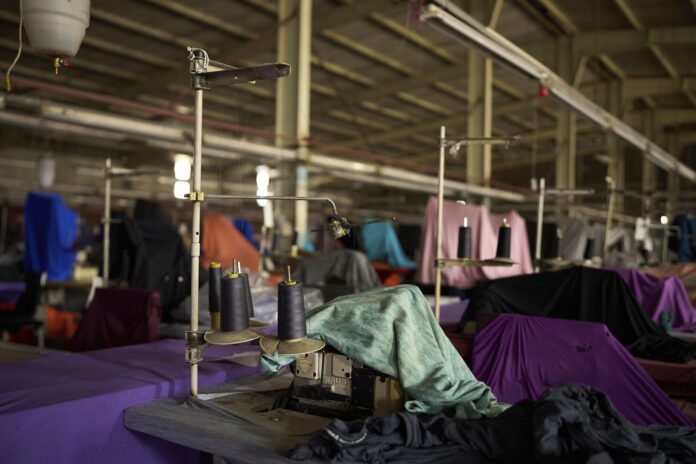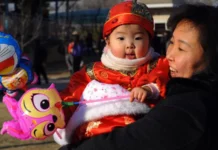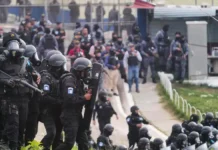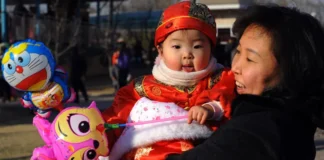
A decision by U.S. President Donald Trump to slash tariffs on Lesotho’s textile exports from a threatened 50% to 15% has come too late to save jobs and restore confidence in the tiny African kingdom’s flagship industry, government officials and factory owners say.
The landlocked nation of 2.3 million people, whose $2 billion economy relies heavily on garment exports to the United States, has been reeling from months of trade uncertainty. The sector, which produces jeans and other apparel for major U.S. brands including Levi’s and Walmart, accounts for 90% of Lesotho’s manufacturing exports and employs about 40,000 people.
Industry players say the tariff threat that loomed since April, the highest rate imposed on any U.S. trading partner, triggered cancelled orders, workforce reductions, and stalled investment.
“We were on the verge of building our American market,” said Teboho Kobeli, founder and managing director of Afri-Expo Textiles. “The U.S. market made up 10% of our production, about $1 million a year, but we had to lay off 200 workers, 40% of our workforce, when orders dried up.”
Lesotho’s Trade Minister Mokhethi Shelile warned that the country remains at a disadvantage compared to other African exporters such as Kenya and Eswatini, which face only a 10% U.S. tariff. “We have close to 12,000 jobs that are directly on the firing line because of this tariff,” he said.
The textile industry has long been supported by the Africa Growth and Opportunity Act (AGOA), a U.S. trade initiative granting duty-free access to qualifying African nations. But the recent tariff turbulence undermined confidence in its future.
Among those hardest hit is Matsoso Lepau, a 48-year-old former worker at protective clothing manufacturer Leo Garments. He lost his job in April and has been struggling to survive on odd jobs. “I have a big problem because the money that I was making is not there anymore,” Lepau said, adding he previously earned about $167 per month. “Now that Mr. Trump has lowered the tariffs, I am still hoping that we will get our jobs back.”
Kobeli remains cautiously optimistic. He believes the reduction to 15% could revive exports if buyers regain confidence. “It was a global problem, even retailers in America were stagnant because they didn’t know where trade policy was heading,” he said. “Now with the 15% we are starting to talk again. It’s not like we were affected alone.”
Still, analysts warn that the reprieve may not reverse all the damage. Oxford Economics notes that prolonged trade uncertainty can erode market share permanently, making it harder for Lesotho to compete against larger, more diversified textile hubs in Africa and Asia.
For a country Trump once dismissed as “a place nobody has ever heard of,” the stakes are high. The textiles sector remains Lesotho’s largest private employer, and with thousands of livelihoods at risk, the tariff relief, while welcome, may prove to be too little, too late.
Written By Rodney Mbua


















